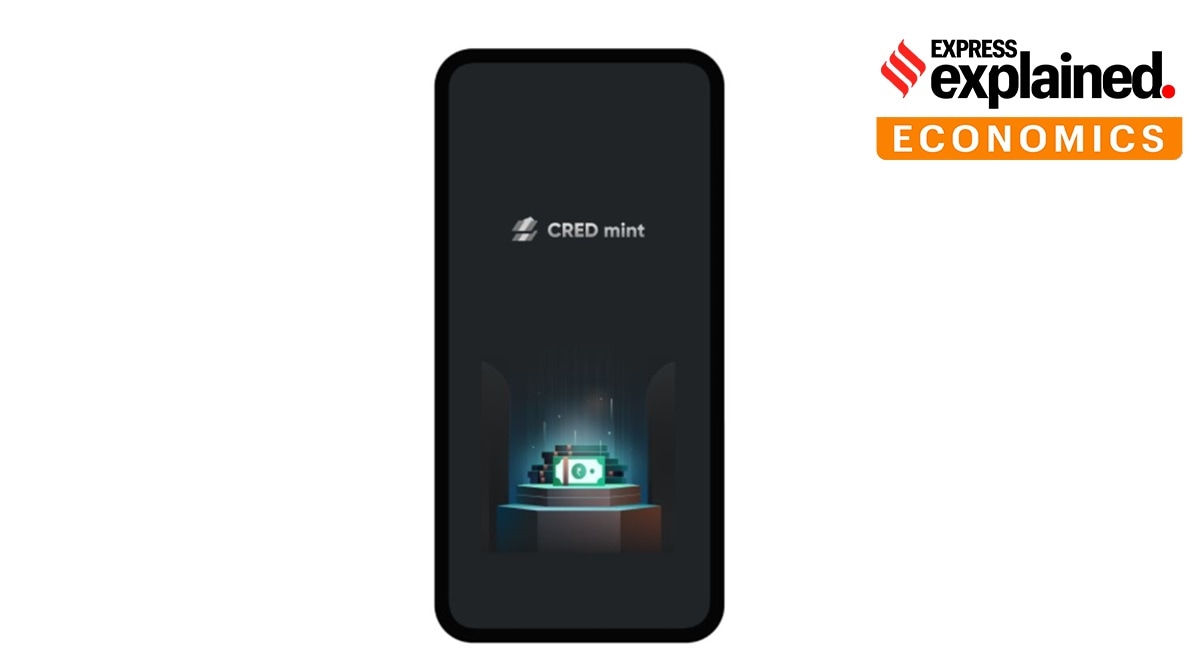Explained: CRED Mint is nothing new for India. Here’s why
Fintech platform CRED has launched a peer-to-peer lending feature called CRED Mint. What is P2P lending, and what role will CRED play in this?
 For its P2P lending feature, CRED has tied up with RBI-approved non-banking financial company Liquiloans.
For its P2P lending feature, CRED has tied up with RBI-approved non-banking financial company Liquiloans.Fintech platform CRED Friday announced the launch of a peer-to-peer (P2P) lending feature called CRED Mint — a service that will allow the company’s users to lend money to other users and make a 9% interest per annum on the amounts they give out as loan.
What is P2P lending?
P2P lending is not a new feature. In 2017, the Reserve Bank of India had brought this service under its regulatory purview. Even at the time, there were more than 20 P2P lending players in the market but RBI’s regulations ensured only the serious ones with watertight business models remained in the sector. In P2P lending, users sitting on idle money provide loans to potential borrowers identified by the service provider. These lenders then receive payments from the borrowers on a set basis — either one time, or in equated monthly instalments.
Which are the players in the P2P lending segment?
After RBI issued its regulations in 2017, the space saw a spree of fundraising involving some of the existing players in the segment. Some of the major companies operating in this space include RupeeCircle, Finzy, IndiaMoneyMart, etc. For its P2P lending feature, CRED has tied up with RBI-approved non-banking financial company Liquiloans.
What are the risks associated with P2P lending?
One of the biggest risks associated with this kind of lending is the non-repayment of loans. Given that P2P lending is a form of unsecured loan, there is no guarantee put up by the borrower for the lender to redeem in case of a default. However, the unsecured nature of the loan is also the reason behind the high return on investment compared to other debt instruments.
What role will CRED play in this?
Like most technology companies in the lending space, whether P2P or otherwise, the main role they play is to analyse data of potential borrowers to decide their creditworthiness. This is the model also followed in the buy-now-pay-later system where technology companies tie up with banks or NBFCs to provide them with a database of creditworthy people that can be targeted for a loan. Fintech companies typically stand to make a commission for this. CRED founder Kunal Shah said in a tweet Friday that CRED cash — the company’s lending product for ‘high-trust CRED members’ — had a loan book of Rs 2,415 crore as of date with less than 1% default rate.
Newsletter | Click to get the day’s best explainers in your inbox
- 01
- 02
- 03
- 04
- 05





































